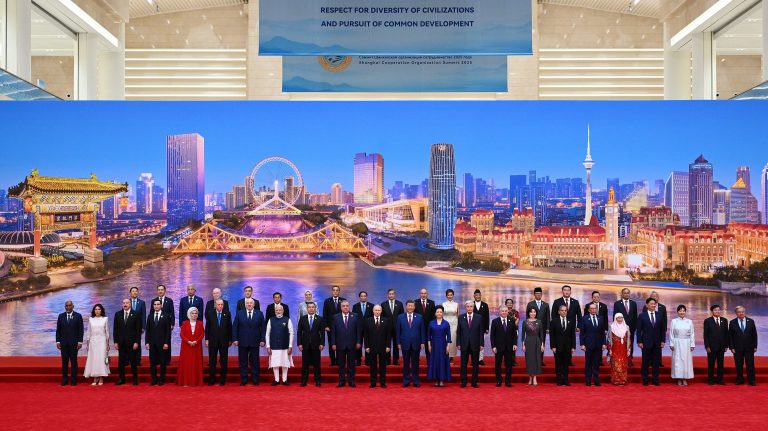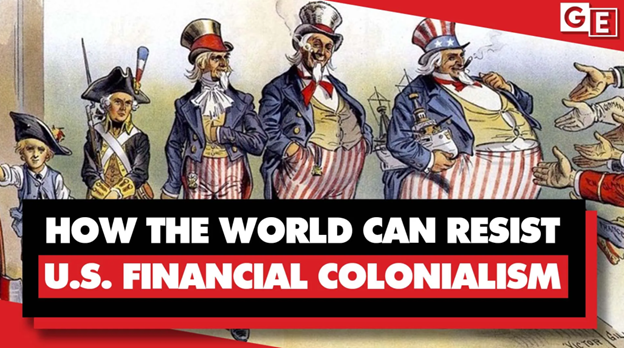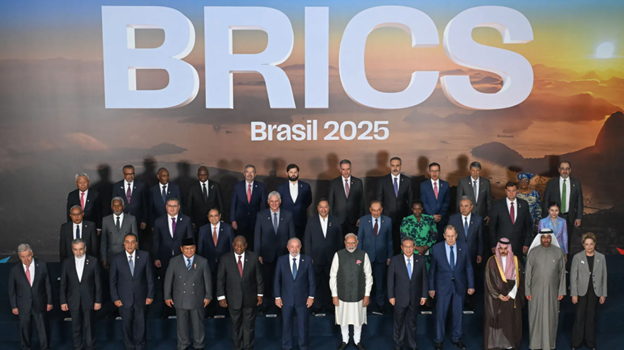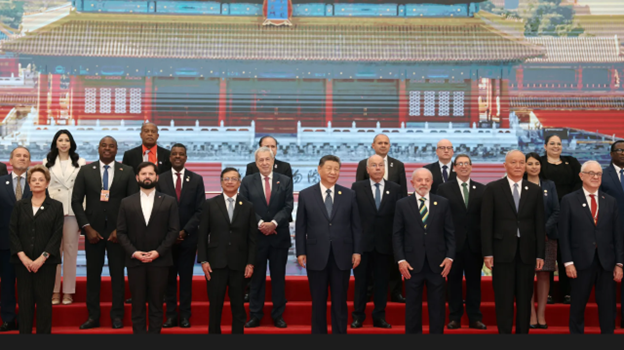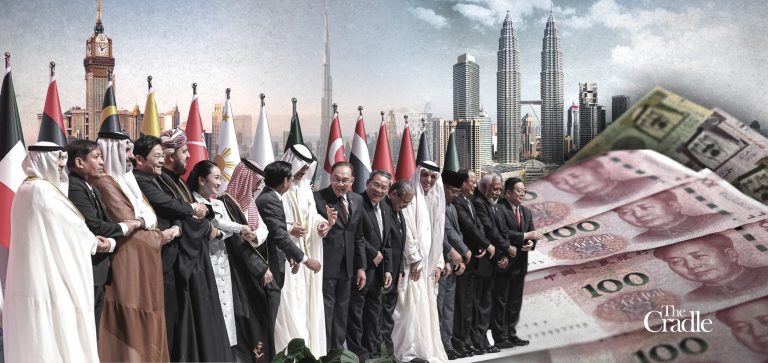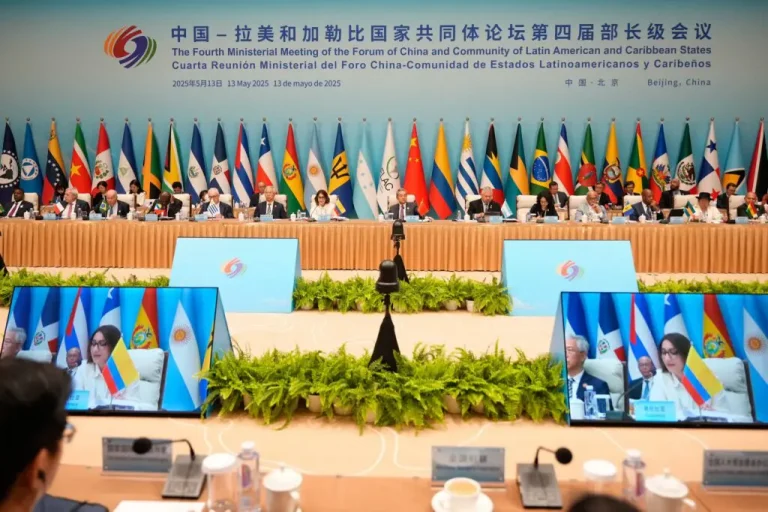Half Of The World’s Population Owns Just 2% Of Global Wealth
Neoliberal free-market economic policies are creating an unprecedented concentration of wealth and power in the hands of a few, leaving the majority of the world population with little or no means to make a decent life and almost no power over their destiny, claims the 2026 World Inequality Report published earlier this month.
The report claims, “inequality today is not confined to income or wealth; it affects every domain of economic and social life” resulting in the world facing unequal access to basic material resources, gender disparities, territorial divides and climate change, among others.



